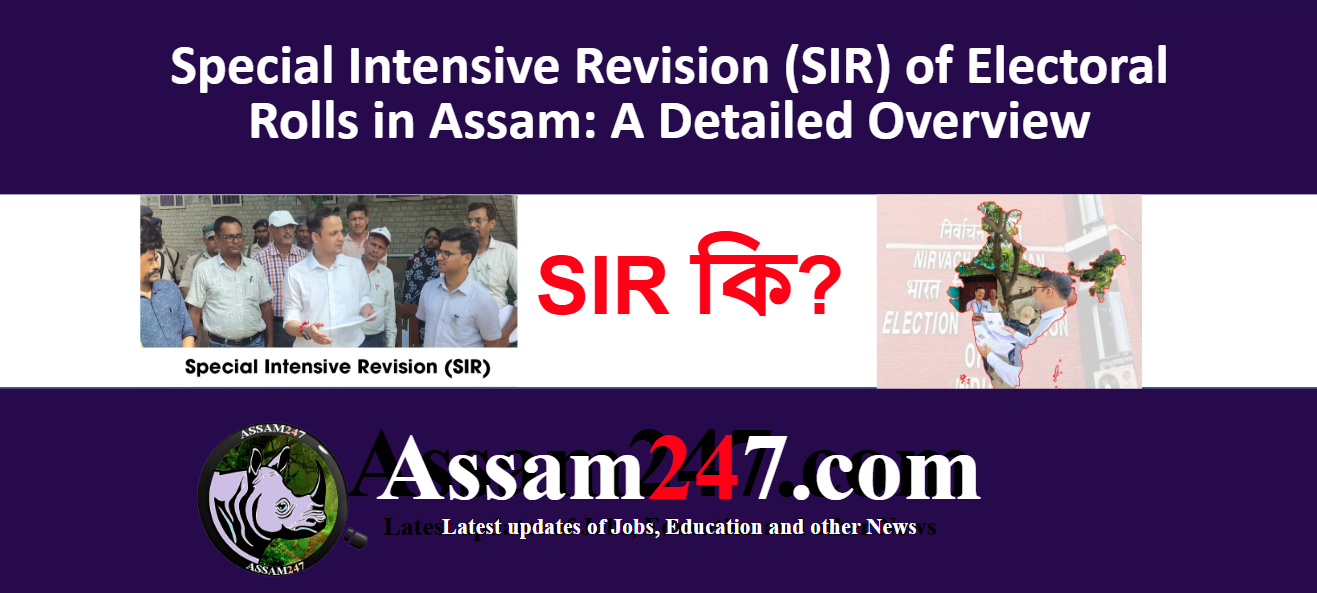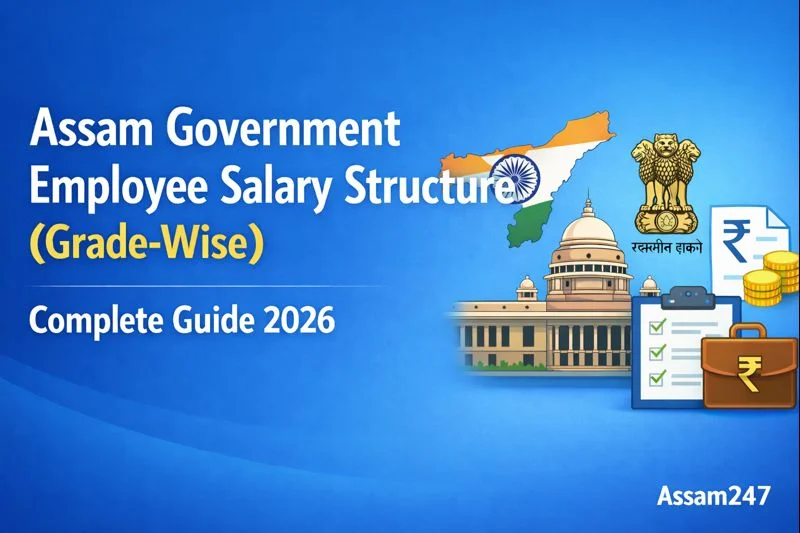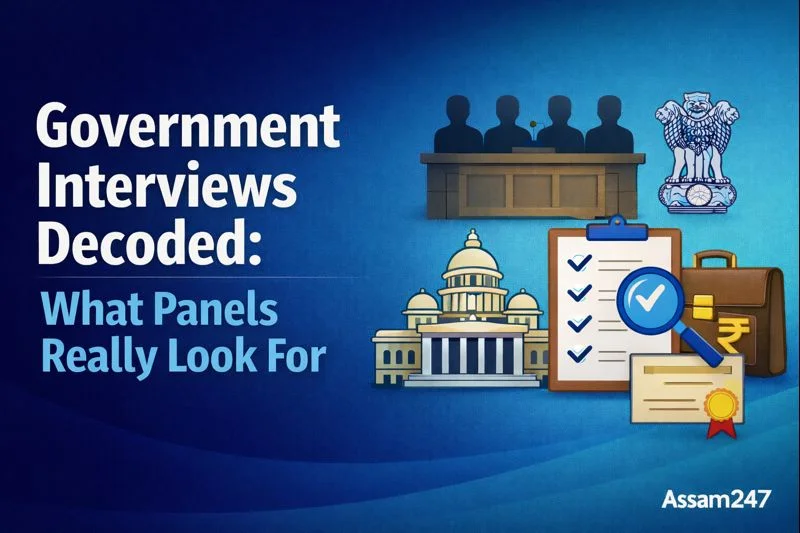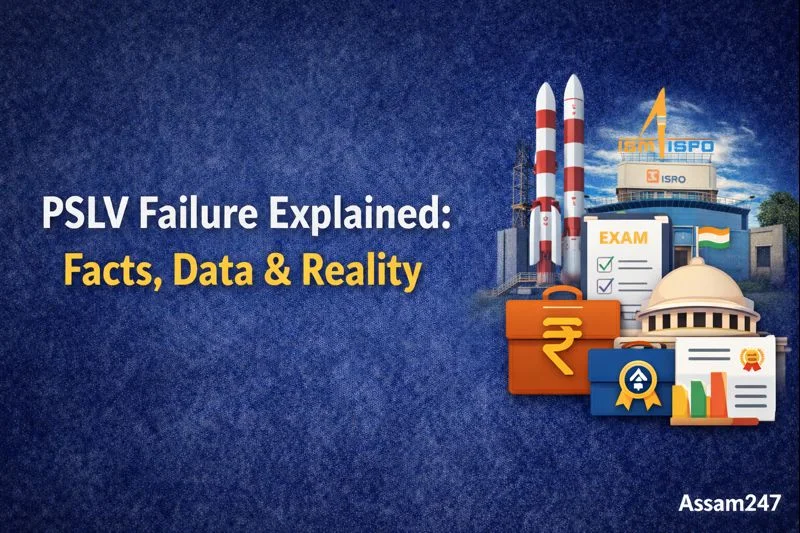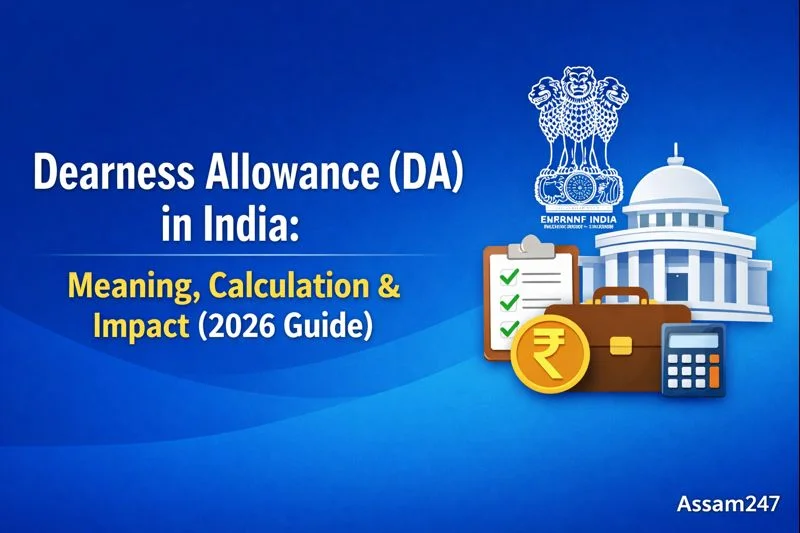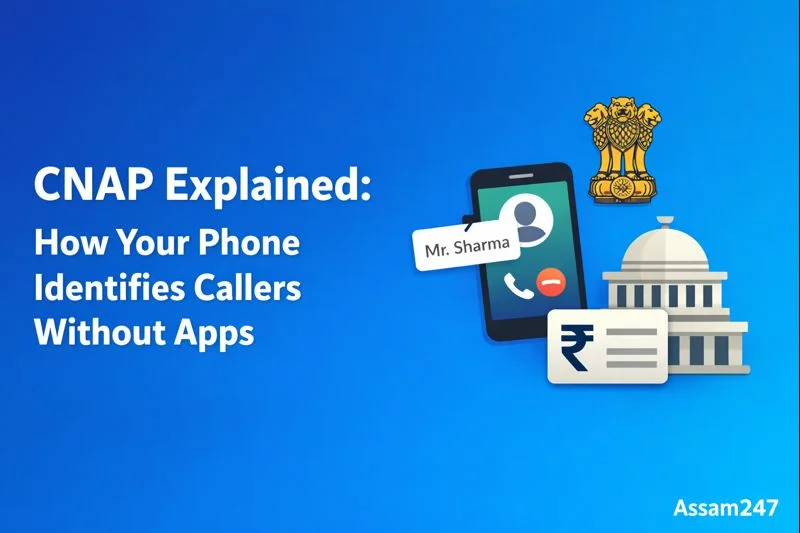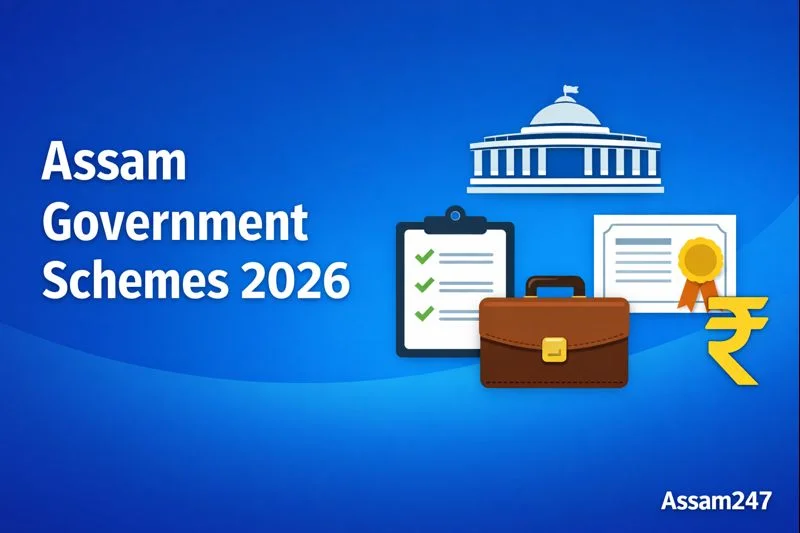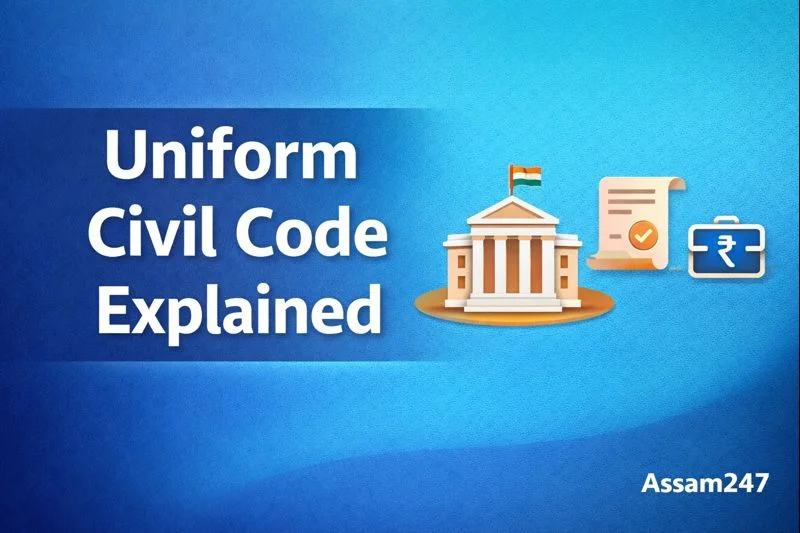Special Intensive Revision (SIR) in Assam: Electoral Roll Update Explained (2025–26)
Introduction
The accuracy of electoral rolls is one of the most critical pillars of a functioning democracy. In India, the right to vote depends entirely on the correctness of voter lists prepared and maintained by the Election Commission of India (ECI). To ensure that no eligible citizen is left out and no ineligible entry remains, the ECI periodically revises electoral rolls through different mechanisms.
Among these mechanisms, the Special Intensive Revision (SIR) is the most comprehensive and rigorous form of voter list verification. In Assam, SIR has assumed heightened importance due to recent delimitation of constituencies, demographic shifts, migration patterns, and the need to prepare accurate electoral rolls ahead of future elections.
For voters, students, competitive exam aspirants, and anyone interested in India’s electoral system, understanding SIR is essential to appreciate how democratic participation is protected and regulated.
Article Theme
This article explains the concept of Special Intensive Revision (SIR), its legal basis, why it is being undertaken in Assam, how the process works on the ground, and its broader impact on voters, governance, and democratic credibility.
What Is Special Intensive Revision (SIR)?
The Special Intensive Revision (SIR) is a one-time, time-bound, and large-scale verification of electoral rolls conducted when existing voter lists are found to contain widespread inaccuracies. Unlike routine revisions, SIR involves house-to-house physical verification of voters by Booth Level Officers (BLOs).
SIR is conducted under Section 21 of the Representation of the People Act, 1950 and is constitutionally empowered by Article 324 of the Constitution of India, which grants the Election Commission authority over elections and electoral rolls.
Historically, SIR has been used in exceptional situations such as large-scale migration, long gaps in voter verification, or major structural changes like delimitation of constituencies. It is not a routine annual exercise, but a corrective measure aimed at restoring the integrity of voter lists.
Why This Topic Matters
Special Intensive Revision directly affects the fundamental democratic right to vote. Errors in electoral rolls can lead to eligible voters being excluded, ineligible voters being included, or voters being assigned to incorrect constituencies.
In Assam, these concerns are particularly significant due to population mobility, rural-to-urban migration, and constituency restructuring. An accurate electoral roll ensures that elections truly reflect the will of the people.
For students preparing for government exams, SIR is an important topic under Indian Polity, Governance, and Electoral Processes. Aspirants can reinforce such concepts through knowledge-enhancement resources on Indian polity and current affairs, and test their preparation using free daily mock tests for Assam and national exams.
Legal and Constitutional Framework of SIR
The conduct of Special Intensive Revision is firmly grounded in law and constitutional provisions:
- Representation of the People Act, 1950: Governs the preparation and revision of electoral rolls.
- Article 324 of the Constitution: Vests superintendence, direction, and control of elections in the Election Commission.
- ECI Guidelines and Manuals: Lay down procedures for verification, deletion, and inclusion of names.
These safeguards ensure that electoral roll revision remains an administrative process guided by law, transparency, and due process.
Key Features of Special Intensive Revision
- House-to-House Verification: BLOs visit households to verify voter details directly.
- Comprehensive Coverage: Every voter entry in the identified area is subject to re-verification.
- Correction of Errors: Mistakes in name spelling, age, gender, or address are corrected.
- Removal of Invalid Entries: Names of deceased persons, shifted voters, and duplicates are identified.
- Draft Roll Publication: Updated lists are published for public inspection.
- Claims and Objections: Citizens can request inclusion, correction, or object to deletions.
- Final Roll Notification: Electoral rolls are finalised only after resolving objections.
Why Is SIR Needed in Assam?
Several Assam-specific factors make Special Intensive Revision particularly necessary:
- Post-Delimitation Realignment: Following the 2023 delimitation exercise, many voters need to be mapped correctly to new constituency boundaries.
- Accumulated Errors: Over time, voter lists include names of deceased individuals, migrated voters, or duplicate registrations.
- Demographic Mobility: Urbanisation and employment-related migration have changed voter distribution patterns.
- Electoral Preparedness: Clean voter lists reduce disputes and confusion during elections.
To understand how electoral processes are constitutionally regulated, readers may also explore a simplified overview of the Indian Constitution.
How Is SIR Implemented on the Ground?
The implementation of SIR follows a structured administrative hierarchy and clearly defined stages.
Administrative Structure
- Booth Level Officers (BLOs): Conduct physical verification.
- Electoral Registration Officers (EROs): Decide on claims and objections.
- District Election Officers (DEOs): Coordinate district-level implementation.
Stages of Implementation
- Training and deployment of BLOs
- Household-level verification
- Preparation and publication of draft rolls
- Public claims and objections period
- Finalisation of electoral rolls
Real-World Implications for Voters
- Newly eligible citizens turning 18 can be enrolled.
- Families can report the names of deceased voters.
- Migrated voters can correct their constituency mapping.
- Errors in personal details can be officially rectified.
Citizens can stay updated on election-related developments through exam and election updates in one place or track broader opportunities via latest government job notifications.
Common Misunderstandings About SIR
- SIR is a citizenship verification drive: Incorrect. It is limited to electoral roll accuracy.
- Names can be deleted arbitrarily: Incorrect. Legal procedures and objection windows are mandatory.
- SIR happens frequently: Incorrect. It is conducted only when major corrections are needed.
Impact on Students, Careers, and Society
Short-Term Impact
- Cleaner voter lists
- Reduced polling-day confusion
- Higher voter confidence
Long-Term Impact
- Strengthened democratic institutions
- Improved governance outcomes
- Better representation of population changes
For exam aspirants, topics like SIR frequently appear in polity and current affairs sections. Practising with extensive MCQ banks for Assam and national exams can significantly improve retention.
Important Clarification
All details related to timelines, documentation, and procedures for Special Intensive Revision are subject to official notifications by the Election Commission of India and the Chief Electoral Officer of Assam. Citizens are advised to rely only on verified government communications.
Frequently Asked Questions (FAQs)
Q1. What is Special Intensive Revision in simple terms?
It is a complete re-verification of voter lists through physical household checks.
Q2. Is SIR conducted every year?
No. It is carried out only when extensive corrections are required.
Q3. Can voters object to wrongful deletion?
Yes. Objections can be filed during the draft roll stage.
Q4. Why is SIR important after delimitation?
Because voter lists must align with newly created constituency boundaries.
Q5. Where should voters check official SIR information?
Through official Election Commission and state election office announcements.
